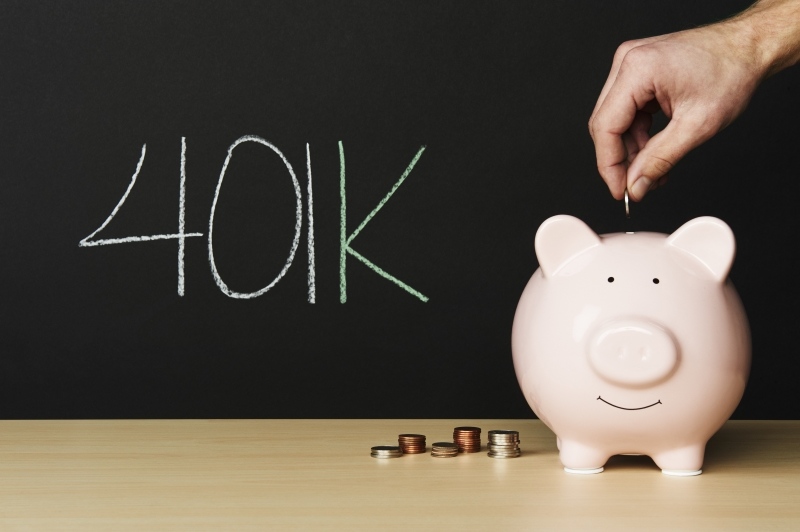Can I Utilize My 401(K) to Purchase a House?
Oct 11, 2023 By Susan Kelly
You might wonder if you can use your 401(k) to buy a house if you don't have enough money for a down payment but have one at work. You can use your 401(k) money to buy a house. Technically, you can take out as much money from your 401(k) as you want, but most people are limited to the amount of money they put into the account. You will not be required to pay penalties for making a hardship withdrawal; however, you will still be responsible for paying income taxes. However, withdrawing money from a 401(k) plan to purchase a home is often not the wisest choice since doing so requires other available financial opportunities. Here's how to use your 401(k) to buy a house, as well as some better ways to do it.
401(k) Rules
401(k) plans are set up to help people save for retirement, which is why they offer tax breaks. In exchange for letting the money grow tax-free and giving donors a tax break, the government makes it hard to get the money. You can start taking money out of your 401(k) when you're 59, 12, or 55 if you've quit your job or lost it. If neither of these is true and you still take the money out early, you will have to pay a 10% penalty. Even worse, the person who has the account has to pay income tax on the amount.
Choice 1: Loans from 401(k)s

The first and best way to use a 401(k) to buy a house is to borrow from it. When you take out money from your 401(k), you don't have to pay the early withdrawal penalty or income tax. You have to pay yourself back, though. You must return the funds to the account and pay yourself interest. Most of the time, the interest rate and other terms for paying back the loan are set by your 401(k) plan provider or an administrator. Most loans last no longer than five years. But if you get a loan to buy your main home, you might be able to pay it back over more than five years.
Option 2: Withdrawals from a 401(k)
You can't borrow from your 401(k) from all plan suppliers. Unless they don't, or even if you require more than the maximum $50,000 loan, you ought to take the money out of the account yourself. If you take money out of your account, you might have to pay a 10% fee unless you follow strict rules. You'll still have to pay taxes on the money you took out. You can only borrow as much money as you need, and you don't have to pay it back. You may, of course, begin adding more to your 401(k) by having extra money deducted from your paycheck.
You Could Also Buy a Home with Your IRA Instead of Your 401(K)

If you need to access your retirement funds, look first at your other accounts, IRAs (Individual Retirement Accounts), especially if you're purchasing your first house. The IRS says that, unlike 401(k)s, IRAs have different rules for people who are buying their first home or who haven't owned their main home in the last two years. First, look into taking money out of your IRA if you have one. If you have a qualified financial hardship, you might be able to take money out of your IRA without paying the penalty. You can also buy your first home without paying taxes on up to $10,000 of your earnings.
Can You Purchase A Home With A 401(K)?
The simple answer is "yes," because it's your money. You can do whatever you want with the money in your account. If you remove money from your 401(k) before the age of 59 1/2, you will have to pay taxes as well as a 10% early withdrawal penalty. So, although you could utilize your 401(k) instead of a home loan, it would be a very costly method to get funds, and it would also jeopardize your retirement savings.
Conclusion
The best way to use 401(k) money for a house is to pay for something you need immediately. Remember that getting a loan from your plan could make it harder for you to get a mortgage. Even if you owe money yourself, it is still considered a debt. However, if you need to withdraw funds from your retirement savings, you should go to your Roth 401(k) or Roth IRA and then to your regular IRA. If none of those options work, you can take money out of your 401(k) (k). The last thing you could do is take money from your 401(k) (k).








